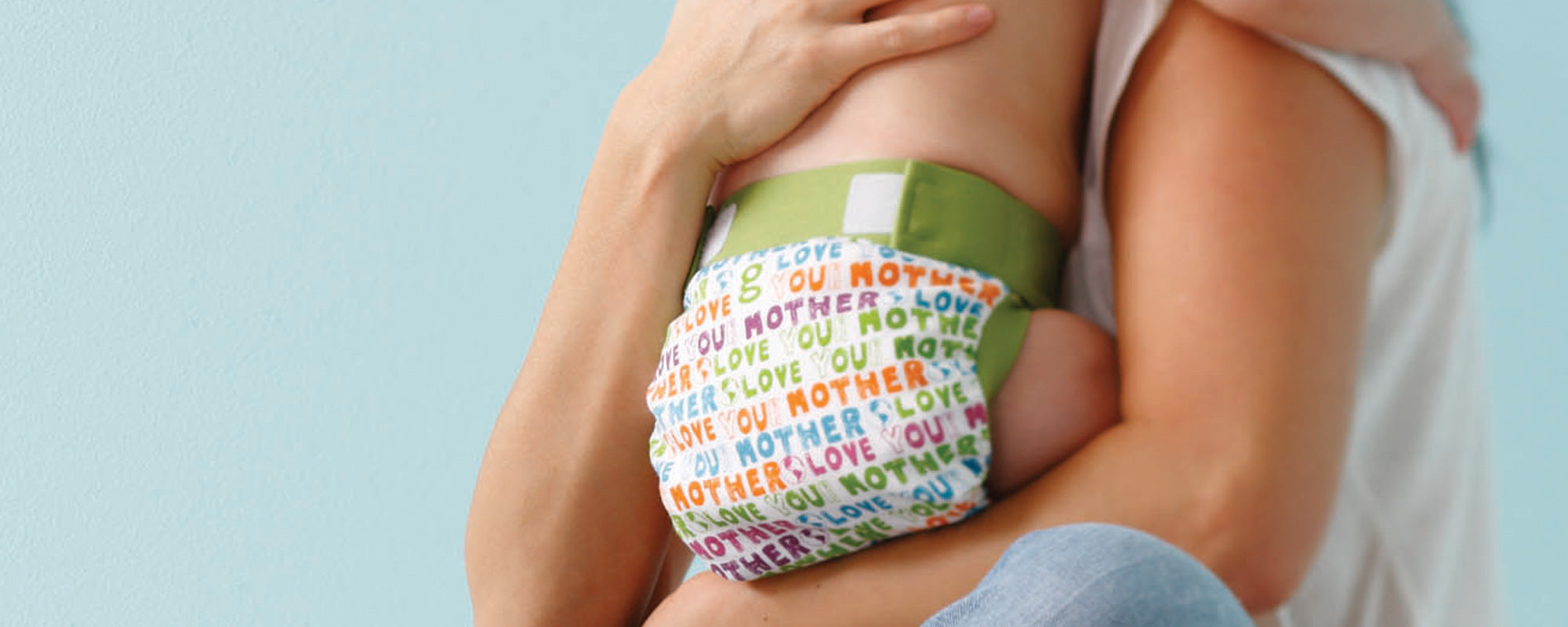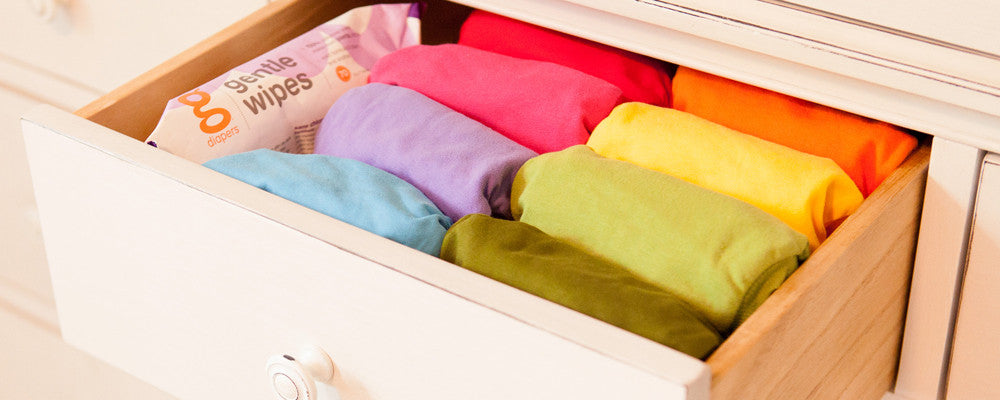gStories: How to build a home compost bin
We love stories from families who take advantage of composting Disposable Inserts (wet ones only), even at 10,000 feet above sea level! We talked with gMum Miriam, who just started a compost pile with her husband Lee and their kids, four-year-old River and one-year-old Will, at their home in Washington.
“Growing up, my mom always had a compost pile for her garden, so I was curious about having one for my kids too. And we are planning four raised garden beds this summer, so compost will be a great kick-starter for the soil.”
 Everything gets a bit soggy outside in the rainy Northwest.
Everything gets a bit soggy outside in the rainy Northwest.
Why should I compost?
Compost is a great way to give essential nutrients back to your lawn and garden. You can check out more about starting a compost for your wet Disposable Inserts in our compost user guide.
“I’ve been curious to see how composting wet Disposable Inserts actually works. I did a little research online, and then I went to our local urban farm and garden store. They have a compost expert there (who was super impressed with gDiapers too!). He gave me some great advice, including working in batches instead of continuously throwing more onto your pile. That way, you’ll give it a chance to get more uniform rather than having bits at different stages of decomposition.”
There is a ton of information out there on different setup options and tips for success. Even if you live in an apartment or small house, you can still home compost.
“We ended up buying a kit for the bin. It was so easy to set up! River was very eager to help ‘make dirt.'”
 River builds the compost bin, with Lee helping.
River builds the compost bin, with Lee helping.
What to compost
The trick is having the right balance of “greens” and “browns.” Greens are nitrogen-rich materials like grass, kitchen scraps, and wet-only Disposable Inserts. Browns are carbon-rich and include dried leaves, hay, and wood chips. Read more on finding the right recipe here.
“An added benefit of starting our compost was cleaning up our yard. We trimmed all the dry branches from bushes, scooped up brown leaves from corners, and even pulled up old plants from the raised beds! I feel even more ready now for the growing season.”
 River gathers materials to add to the compost bin.
River gathers materials to add to the compost bin.
How long does it take to make compost?
Time ranges for breaking down compost varies, depending on your system, what you have in the pile, and the season. In general, wet Disposable Inserts will break down between 50 and 150 days.
“We are now in the ‘watch-and-see’ mode. But it’s been a topic of many discussions in our house, like, ‘Why did you throw the pizza box in the bin?’ and River actually got upset the other day because we forgot to let her throw her little brother’s diaper in.”
 River tosses in last year’s garden vegetables.
River tosses in last year’s garden vegetables.
“So it really is a family project. Everyone’s involved. Even though Will is more interested in climbing and getting super muddy! I’m assuming that it’s going to be a trial-and-error, learn-as-you-go kind of process. Which is a lot like parenting.”
 Will would rather sit and watch the work.
Will would rather sit and watch the work.
Composting 101: Resources & guidelines
Want to learn more about composting? Read our compost user guide, which has lots of tips and books on composting for the whole family.
Solid waste should always be flushed so that it can be safely treated. Please do not compost poopy Disposable Inserts. Please do not put gDiapers Disposable Inserts (or any diaper) in curbside/city compost bins.




 Everything gets a bit soggy outside in the rainy Northwest.
Everything gets a bit soggy outside in the rainy Northwest. River builds the compost bin, with Lee helping.
River builds the compost bin, with Lee helping. River gathers materials to add to the compost bin.
River gathers materials to add to the compost bin. River tosses in last year’s garden vegetables.
River tosses in last year’s garden vegetables. Will would rather sit and watch the work.
Will would rather sit and watch the work.






0 comments